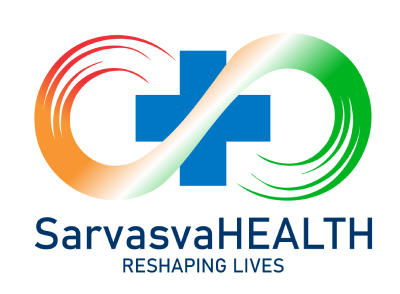What is Cancer Support?
Cancer support encompasses a wide range of services and resources aimed at empowering individuals affected by cancer, including patients, survivors, and their families. The journey through cancer can be physically and emotionally challenging, and cancer support programs play a vital role in providing assistance, information, and emotional support to navigate the complexities of the disease. This article explores the various aspects of cancer support, including emotional support, practical resources, support groups, and the impact it has on the lives of those touched by cancer.
Emotional Support:
Emotional support is a fundamental component of cancer support, addressing the psychological and emotional well-being of individuals facing cancer. A cancer diagnosis can bring forth a range of emotions, including fear, anxiety, sadness, and uncertainty. Cancer support services provide a safe space for patients and their families to express their feelings and fears, offering a listening ear and compassionate guidance. Trained counselors, psychologists, social workers, and support group facilitators play a critical role in providing emotional support throughout the cancer journey. Through counseling sessions and support groups, individuals can find strength, resilience, and coping mechanisms to navigate the emotional challenges of cancer.
Practical Resources:
Cancer support extends beyond emotional assistance to practical resources that help patients and families manage the practical aspects of living with cancer. Practical resources may include:
- Financial Assistance: Cancer treatment can be financially burdensome. Support organizations and foundations may offer financial aid or resources to help with medical expenses, transportation costs, and other related expenses.
- Transportation Services: Some cancer support programs provide transportation assistance for patients who require assistance in getting to and from treatment centers.
- Wigs and Prosthetics: For individuals experiencing hair loss due to cancer treatment, cancer support organizations may offer wigs, headscarves, or prosthetics to boost self-esteem and confidence.
- Nutritional Support: Nutritionists or dietitians may offer guidance on maintaining a healthy diet during cancer treatment and address nutritional challenges that arise.
Support Groups:
Support groups are an integral part of cancer support, providing a space for individuals with cancer to connect, share experiences, and provide mutual encouragement. Support groups bring together patients, survivors, and caregivers who can relate to one another’s experiences and offer understanding and empathy. Participating in support groups can alleviate feelings of isolation, foster a sense of community, and provide practical tips for coping with the physical and emotional challenges of cancer.
Online Support:
In the digital age, cancer support has also expanded to online platforms and resources. Online support communities, forums, and educational websites provide information, guidance, and a sense of belonging for individuals who may not have access to in-person support groups or resources.
The Impact of Cancer Support:
Cancer support has a profound impact on the lives of patients, survivors, and their families. It offers a lifeline during challenging times, instilling hope and providing a network of caring individuals who understand the unique challenges of cancer. Cancer support programs empower individuals with knowledge, resources, and coping strategies, enabling them to make informed decisions about their care and actively participate in their treatment plans. Emotional support fosters resilience and optimism, helping individuals find strength amidst adversity.
Conclusion:
Cancer support plays a pivotal role in the lives of individuals affected by cancer, offering emotional, practical, and informational resources that empower patients, survivors, and their families. Through compassionate care, support groups, practical resources, and online platforms, cancer support provides a sense of community and belonging, fostering hope and resilience on the journey through cancer. As cancer support continues to evolve, the focus remains on enhancing the quality of life and well-being of those touched by cancer, offering a compassionate hand to hold throughout the challenges of the disease.
Cancer Support Hospitals:
We provide the best healthcare facilities for Cancer Support. Our multispecialty clinics are situated in the following locations:
Our Main Centre for Cancer Support Treatment in Dadar, Mumbai
Our Centre’s for Cancer Support
One can visit any of our branches nearby to your location for the best overall healthcare and Cancer Support. Our experts not only provide superior quality care using the latest technologies but also provide complete treatment along with rehabilitation facilities and post-operative care.

